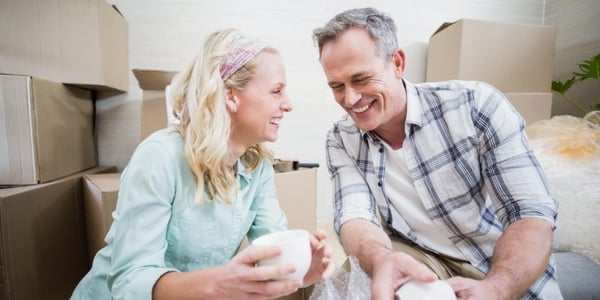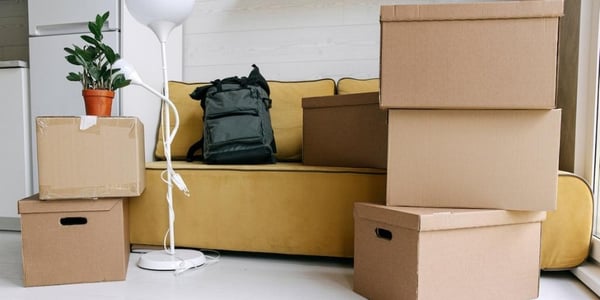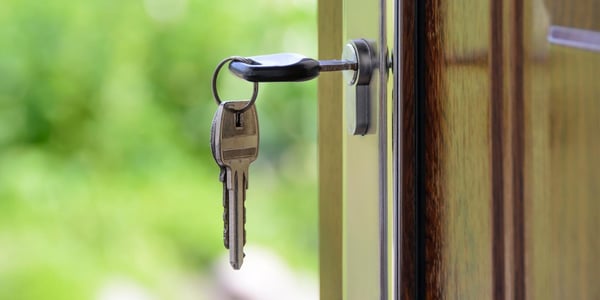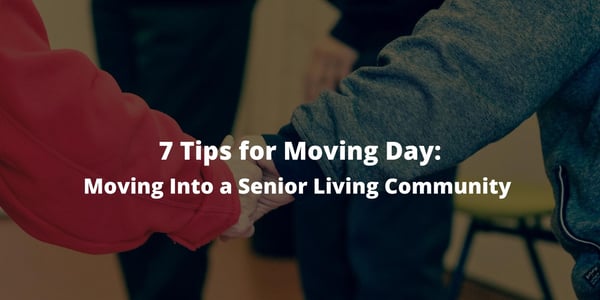For many homeowners, the idea of downsizing can be both exciting and daunting. Downsizing your home...
How to Acclimate to Your New Home After a Move
Explore Your New Location
Get to know the local area. You've likely already visited the closest grocery, hardware, or discount stores. However, these may not be the ones you ultimately prefer. A Google search on "stores near me" will provide a list of places to check out. Make sure to stop by local businesses unique to the community that contribute to the local flavor. From a recreational angle, look for interesting coffee shops, cafes, restaurants, and bars.
Aside from commercial offerings, identify the location of the post office, parks, trails, museums, and recycling centers. If you're a church-goer, locate the congregations in the area and find service times.
Find places locally where you feel comfortable hanging out rather than always being at home. Possibilities include gyms, museums, coffee shops, and community centers.
Making Friends
Moving to a new location often means being far away from established friends. For most people, feeling settled in a new place depends on making friends. Here are some ideas for creating a social circle in your new location.
- Mindset Matters – Some people are born extroverts who have no problem initiating contact with strangers. For most of us, however, it takes effort to reach beyond our comfort zone. Make it easier on yourself by staying positive and remembering the friend-making process takes time. On the other hand, challenge yourself to take some social risks. Things may not always work out, but don't take it personally. Just keep trying until you start accumulating some satisfying social connections.
- Something in Common: Age – It's usually easier to connect with people with whom we have something in common. If moving in your later years, you'll have a built-in commonality with people of a similar age. Those moving into 55+ communities often find connecting with others less complicated than if they'd moved into an all-ages environment.
- Meet the Neighbors – When you arrive in a new home, the neighbors are apt to be curious about the newcomer. Break the ice by knocking on doors and introducing yourself. If no one is home, leave a note with your name, address, and a message that you're looking forward to meeting them in person. Another idea is to host a get-acquainted open house.
- Keep in Touch with Old Friends – With the telephone and social media, it's easy to keep in touch with your existing friends despite long distances. Connecting with these folks can help with loneliness that might occur while building new social networks. Make sure to ask old friends if they can make introductions to people they know in your new location.
- Social Media Connections – Social media can be a great way to fast-forward the process of connecting with people in your new location. Sites like Facebook Groups or meetup.com can help arrange in-person meeting opportunities with people having similar interests. Click here to read out eBook about getting started with social media!
- Join In - Signing up for classes or workshops is another way to meet people with common interests. Also, volunteering in the community at schools, churches, homeless shelters, food pantries, political parties, or city projects are terrific ways to make connections with like-minded people.
Learn more! Read our eBook, "Your Guide to Finding a New Home After 50"!
Related Content:
- Should I Move in Retirement?
- Moving in Retirement? How To Decide Where To Go
- What To Consider When Moving to a New Home in Retirement
- How To Evaluate a Senior Living Arrangement
- Preparing for Your Next Move: What You Need To Know
Looking for other related content? Check out our Housing Resources page!








